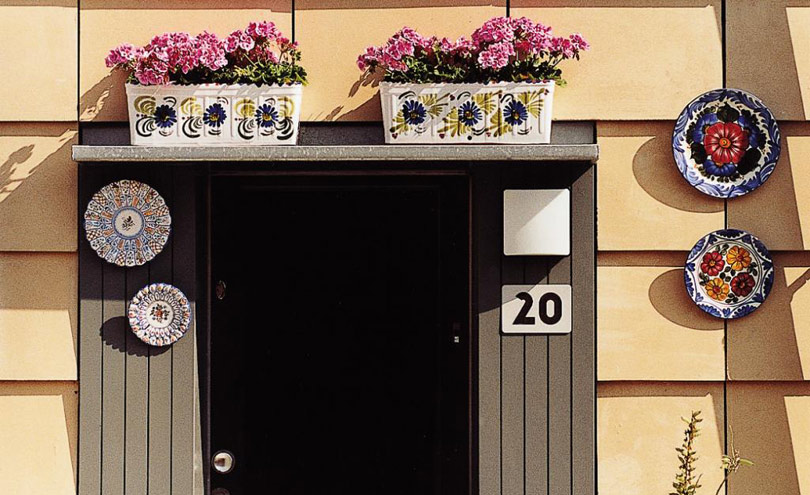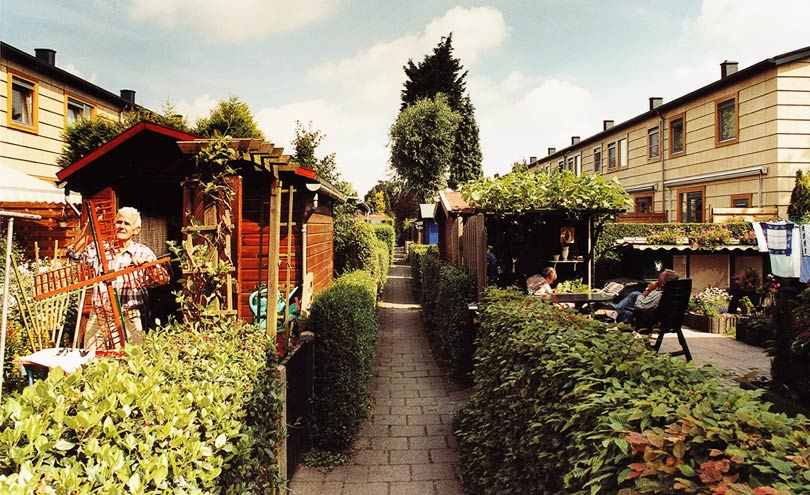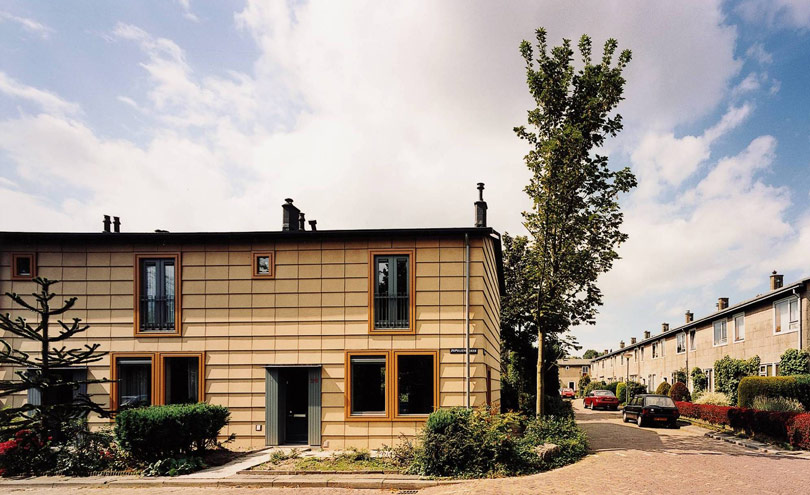The Tuindorp Kethel project in the Netherlands, renovated a 1950s garden village of 241 prefabricated social houses instead of demolishing them. The homes, originally built for local workers, had suffered from damp, poor insulation, and water damage. Despite the buildings’ condition, the community was strong, with many long-term residents who had invested time and care into their homes.
Architects BIQ and the housing association Woonplus chose a sensitive refurbishment after extensive consultation with residents. Five homes were used as demonstration units to test designs. Residents could choose interior upgrades, while the main works focused on insulation, new windows, efficient boilers, and improved facades. The project allowed residents to personalize their homes and remain in place throughout construction, minimizing disruption.
The renovation cost €11.7m (€48,000 per home), partly funded by the sale of 30 vacant houses and a small energy grant. By refurbishing rather than rebuilding, the project avoided demolition waste, saved materials, and improved energy efficiency, making homes warmer and healthier.
Socially, the project preserved the tight-knit community, empowered residents through a “Renovation Task Force,” and prevented rent hikes that would have followed new construction. Financially, the approach was sustainable, with basic renovations not increasing rent and optional upgrades offered for a small additional cost.
The project demonstrates that keeping existing homes and communities intact can be cost-effective, environmentally responsible, and socially beneficial. Its success lies in involving residents at every stage and valuing their connection to their homes.











